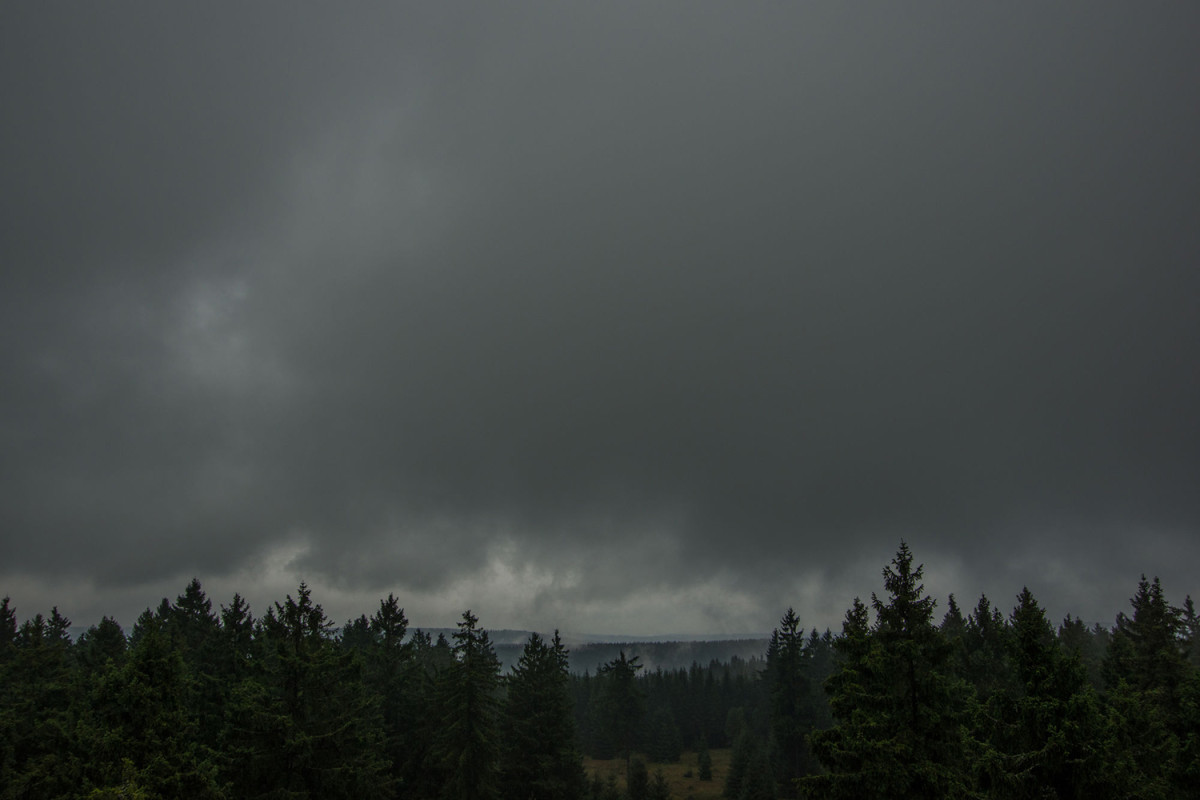Short-term power prices spike amid new ‘Dunkelflaute’ in Germany, most customers unaffected
A drop in the production of renewable energy from wind and solar power installations has caused a spike in power prices in Germany and other parts of Europe in the second week of December. Wholesale prices in intraday trading ranged near 1,000 euros per megawatt hour on Thursday (12 December), more than ten times the average price throughout the rest of the year.
Germany was forced to fire up its fossil fuel plant fleet and had to purchase electricity from abroad to cover its demand as a result of the low renewable power output. “Due to unusual doldrums, the average output of wind power at 3.1 gigawatts (GW) has been nearly 85 percent lower than the 19.2 GW usually seen during this time of the year,” the economy ministry (BMWK) said in a social media post about the price hike.
Coupled with high electricity demand due to cold weather, the so-called ‘Dunkelflaute’ (dark doldrums) had contributed to the high prices, the ministry said. However, it argued that the prices peaked for only a few hours and would do little to alter the cost to households and most businesses, which usually have electricity supply contracts with a guaranteed long-term price. The average price of the past 12 months had been 75 euros/MWh. During the energy crisis year of 2022, it stood at 235 euros/MWh.
However, the price hike did cause problems for some power customers, especially large and energy-intensive industrial consumers, newspaper Handelsblatt reported. A steel factory in Saxony which buys its electricity on the intraday market temporarily halted production to avoid excessive costs. Factory director Uwe Reinecke said the Feralpi Stahl plant in the eastern German state had already been forced to cut production several times this year to avoid price rises, which threatens its annual production targets. “This clearly weighs on efficiency and economic viability,” Reinecke said.
Unused fossil power plant capacity contributed to high prices
As the share of renewable energy sources in Germany continues to rapidly grow, the effects of oscillating output are becoming more pronounced, especially during the colder months of the year. At the same time, the decommissioning of Germany’s last three nuclear power plants in 2023 and the gradual reduction of coal-fired power plant capacity in the ongoing coal phase-out are cutting baseload capacity. To avoid this leading to supply bottlenecks, the country’s Federal Network Agency (BNetzA) is constantly monitoring the required amount of available capacity and can prohibit the decommissioning of plants if no adequate alternatives have been put into place. Throughout 2023, Germany continued to have one of the most stable electricity systems in the world.
Yet, according to energy system researcher Bruno Burger from Fraunhofer ISE, the price increases in mid-December had also partially been the result of conventional fossil power plants not being available as planned. “Maintenance and repair works can cause this. Short-term unavailability may also be caused by malfunctioning,” Burger said in a social media post. About 11 GW of fossil capacity were not in operation on 12 December, he added.
After a longer ‘Dunkelflaute’ in early November, energy industry representatives warned that the country urgently needed to make progress on installing a new fleet of gas-fired power plants as backup capacity for times of little renewable energy production. However, the economy ministry this week said that auctions to support the constructionof the plants, many of which are supposed to later run on green hydrogen, would not happen before the snap elections in February. Energy industry group the Federation of German Energy and Water Industries (BDEW) had therefore urged the next government to present a plan for ensuring the timely construction of these plants during its first 100 days in office.
Christoph Müller, head of transmission grid operator Amprion, told Handelsblatt that, while there was no risk of blackouts in Germany, the country could only afford to take more coal plants off the grid if it connects new and flexible gas-fired power plants in parallel. “No further exit without a simultaneous entry,” Müller said.
Renewable power industry lobby group Renewable Energy Federation (BEE) said the price hike had primarily been caused by expensive fossil power generation, while available options to bridge Dunkelflaute periods with renewable energy sources such as biogas, geothermal energy or hydro power were not being adequately used. “We will only have an energy transition with half of the power if the available decentralised backup of renewables, storage and flexible use is not used better,” said BEE head Simone Peter. The situation will be made worse after the outgoing minority government earlier this week refused to adopt a more ambitious package to support biogas production, she argued.


